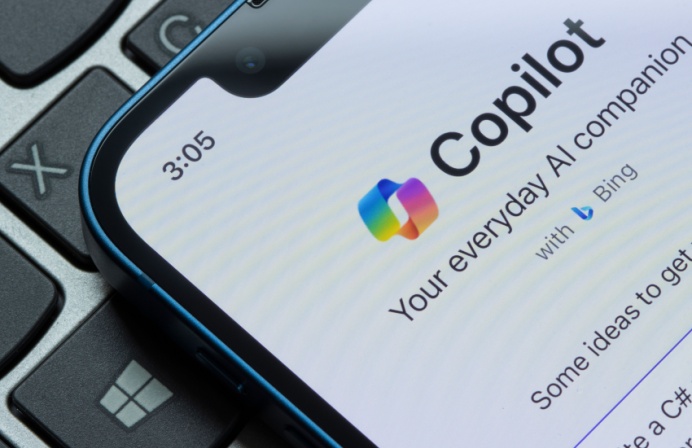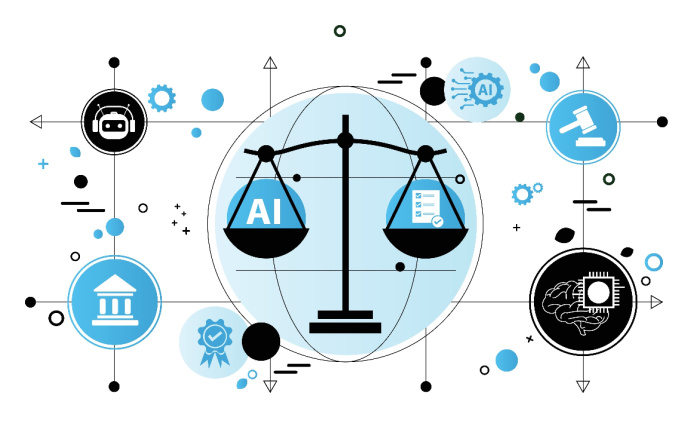
NSW Government releases inaugural Data Strategy and refreshed Cyber Security Strategy; DTA seeks feedback on new Digital Identity legislation; and WA puts immediate halt on police accessing check-in data from Covid tracking app.
– The NSW Government has released its inaugural Data Strategy, forming Phase 2 of the state’s three-phase data reform program, with aims to uplift capability and advance whole-of-government data services.
The Data Strategy sets a vision for the Government to better utilise and share data for decision-making, adopting a “collaborative, coordinated, consistent and safe approach”.
NSW Government clusters, meanwhile, will be put to task developing data roadmaps to support consistent and coordinated implementation of the new Strategy.
– Meanwhile, the NSW Government has also launched the latest edition of its NSW Cyber Security Strategy, which effectively blends the state’s previous Cyber Strategy with the 2018 NSW Cyber Security Industry Development Strategy.
The Strategy will seek to move agencies “from a reactive approach to proactive approach” when managing cyber risks and threats. Cyber Security NSW, meanwhile, will offer training and support to local Councils, in particular executive and cyber awareness training, as well as resilience-testing exercises to strengthen incident response.
– The Queensland Government is set to invest nearly $40 million in cybersecurity and digital services over the next five years as part of its 2021-22 Budget, with only a small handful of tech initiatives announced.
Among the big-ticket IT initiatives in Budget 2021 include an $11 million, two-year commitment in “whole-of-government cybersecurity enhancements” as well as a further $17.3 million, including $4.4 million in 2021-22, to be invested in completing the state’s digital archives program, enabling the preservation of digital government records.
Queensland Police is also set to get a $20 million investment to support several IT-related initiatives, including $4 million for new and replacement body-worn video cameras.
– Australia’s Digital Transformation Agency has put forward a public and stakeholder consultation on its forthcoming Trusted Digital Identity Bill, which is set to expand Australia’s Digital Identity system into a federated solution, opening access for state, territory, local government, and private sector services.
The DTA will accept feedback on its Digital Identity Legislation Position Paper until 14 July 2021.
– The Federal Government’s robo-debt scheme received a scathing rebuke from the Australia Federal Court, with presiding judge Bernard Murphy approving $112 million in compensation to 400,000 victims of the scheme. The compensation is on top of the Government also refunding $751 million in repayments of invalid debts and withdrawing claims for around $1.76 billion in wrongful debts.
– The Western Australian Government is introducing urgent legislation to block authorities from accessing QR code check-in data from the state’s SafeWA app after an investigation found WA Police had done so on two separate occasions to assist with murder investigations. The legislation is set to “definitively” limit the use and disclosure of contact registration information to contact-tracing purposes.
iTnews reports that the WA Police force turned down a government request to stop accessing QR code check-in data from the SafeWA app, which forced the hand of the McGowan Government to introduce the legislation.
– Services Australia has announced the creation of a Covid-19 digital certificate in an effort to simplify proof of vaccination. Patients will be able to access their certificates via either the web-based myGov portal or through the Express Plus Medicare app once both doses of an approved vaccine have been reported by healthcare providers.
Services Australia has also released an interactive tool to help guide users in accessing their digital certificates.
– The Federal Government has announced it will mandate its Essential Eight cybersecurity controls for all 98 non-corporate Commonwealth entities. The move comes in response to a parliamentary committee report last year into agencies’ cyber resilience, which called for the Attorney General’s department to update the “feasibility of mandating the Essential Eight across Commonwealth entities”.
Earlier this year, the national auditor, ANAO, found cybersecurity risk mitigation strategies were poorly implemented across government, with none of the seven government entities assessed having fully implemented all mandatory benchmarks.
– Victorians will now be able to book their Covid-19 vaccinations online, following the long-awaited release of the state’s Microsoft-backed booking platform.
Microsoft’s Vaccination Registration and Administration Solutions platform was purchased by the Victorian Government for $5.8 million more than five months ago, InnovationAus reports. Up till now, vaccination bookings in the state were required to be made through a 1800 hotline or directly through GP clinics.
– The New Zealand Government has released new identification management standards for government agencies, providing up-to-date practices for the prevention of identity theft. The new provisions overhaul NZ’s existing Evidence of Identity (EOI) and the Authentication Key Strengths standards.
– The Federal Government is seeking community input into a new Regional Data Hub, a centralised data portal for regional Australia, expected to provide government and community leaders with easier access to relevant socio-economic data. Feedback can be provided through a 20-minute survey, with public consultation closing on 2 June 2021.
– The Australian Cyber Security Centre has published a ransomware Prevention and Protection Guide and Emergency Response Guide. Commenting on the report, Assistant Minister for Defence, Andrew Hastie, identified ransomware as the “most damaging type of cyber-attack” with “severe and long-lasting impacts”.
– The Federal Department of Health revealed it enlisted Qlik’s data analytics solution to improve its reporting of Covid-19 statistics. Since the outbreak of the pandemic, Qlik’s data visualisation and analytics solutions have underpinned the DoH’s public announcements, pandemic incident management and Covid-19 updates on its website.
– Department of Industry, Science, Energy and Resources has secured separate accords, dubbed ‘technology partnerships’, with Singapore, Germany and Japan in a bid to slash carbon emissions and boost job creation in the hydrogen and carbon capture industries.
The partnerships focus on priority low-emissions technologies including, clean hydrogen, with initiatives aimed at attracting investment, building supply chains, and advancing research.
– The Victorian Government has launched a new interactive educational tool connecting farmers with students, called the Melbourne Foodbowl Virtual Farm. Aimed at inspiring the next generation of farmers, the initiative is part of the state’s $8.39m commitment towards job creation and skills development under the Agriculture Workforce Plan.
– The NSW Government has released “ready-to-use activities and templates” to the public to support in-house project research and planning. The release is part of the NSW Government’s Digital Service Toolkit, providing a “conduit between the sector’s most experienced, effective researchers and the teams and individuals aiming to operate at the same level”.
– The NSW Government has greenlit a new $264 million data centre in the northern suburbs of Sydney. Minister for Planning and Public Spaces Rob Stokes said the new centre would provide vital support to the growing digital economy.
– Dr Ziggy Switkowski AO has been appointed by the Federal Government to lead an expert working group to develop the 2021 National Research Infrastructure Roadmap. The Roadmap will identify research infrastructure needs and priorities over the next decade and will inform the 2022 Research Infrastructure Investment Plan.





